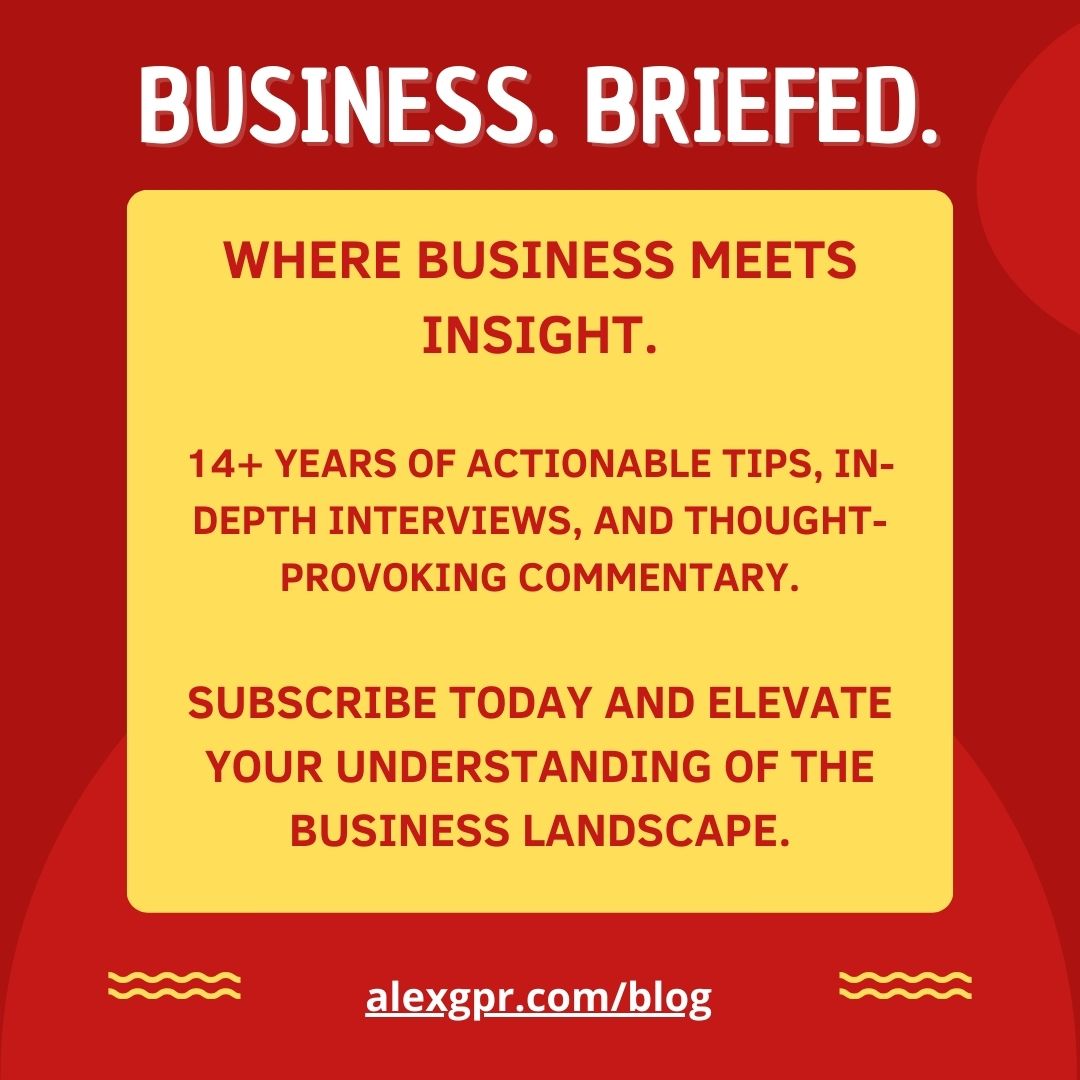The Word is Good (as Gone?)
The decline of the power and allure of the written word–check that, the printed word–is readily apparent to anyone who knows how to read. You need look no further than the furor over the iPad to see that the printed word–on paper–is becoming quaint at best, irrelevant at worst.
Now drill down to the subsets of the printed word: non-fiction, literature, etc. Go deeper than that and you strike the wellspring of poetry (Sorry, that ‘wellspring’ thing was a tad florid, wasn’t it?). Perhaps outside the stray bit of doggerel in a truck stop stall, many people go years without reading a single word of verse. Of course, if you go to church and/or read the Bible you’re getting some spectacular poetry; but most do not dare reduce those words–the Word, if you will–to a mere collection of poetic fables.
“I can’t imagine even one person in a thousand reads poetry on a regular basis,” said Tom Wayne, co-owner of Prospero’s Books in Kansas City’s historic Westport area. “Poetry is an obscure art–people are afraid of it for a variety of reasons,”
Wayne and Prospero’s co-owner Will Leathem have published books of poetry and sold books for years. They and their friend poet Jason Ryberg felt that April–being National Poetry Month–was a good time to remind the world that poetry exists–and is good–by going for a world record. A Guinness Book of World Records record, to be exact.
Dozens of poets, readers and spectators joined in to break the word record for continuous poetry reading. Though there are some details to work out with the Guinness people it looks very much like they broke–and more than doubled–the standing record of 56 hours, 25 minutes set in then-Mayor Jerry Springer’s Cincinnati of 1978–with more than 120 hours of continuous poetry reading.
Unabashedly on a mission to evangelize poetry and stand as one of the “last outposts of the (written) word,” Wayne and his compatriots see this as a natural continuation of another event of their invention that made national news: a bookstore that burned books. In 2007 Prospero’s had more books than they could sell, give away or store–so they announced that if people weren’t reading, the books would soon be burning.
“We had 20,000 books–about half of our inventory–that we couldn’t get out the door,” he said. He added that most people don’t know that bookstores, sellers and libraries end up sending “dumpster loads of books to landfills” every year. “Many people are brought up to respect and revere books, even if they don’t read them much, so we wanted to draw attention to that fact.”
It created a national storm in the media. Outrage among bibliophiles soon became an appreciation for the clever way of drawing attention to the state of the printed word. Interviewed by NPR at the time, Wayne was told by the interviewer that he had somehow put a “positive spin on a book burning.”
“What we did was take an incendiary act and turn it into a positive,” he said.
Even so, the eminence of the printed word still fades. Wayne cited statistics about the American reader that shows the situation is getting worse.
Wayne said an NEA study of 17,000 people on reading habits showed that in 1982 57% of Americans reported reading for pleasure about one book a year. That number was down to 45% in 2002. Brown expects that number to have further declined since.
“There’s big pieces of truth in what we’re doing to illustrate the nature of the word in modern America,” he said. “We’re a distraction-laden culture in general. We have a techno fetish with electronic devices. Books require sitting down alone without distractions and thinking along different lines.”
Wayne is no Luddite (his own mother owns an e-reader, though he prefers the feel of a “real” book in his hand) and leans toward the belief that e-books in general promote reading. However it remains unclear and unlikely (to this writer) that much poetry will be read on a Kindle.
Much of the poetry reading was streamed live on the internet–and recorded for the Guinness people to use for verification of the record (along with witnessed signatures of the readers it will take time for them to decide to add the record to their book). Free verse followed classical poetry and back again. The streaming video was a curious, genuine delight to watch–an attempt to shine light on one of the oldest forms of artistic expression using the internet: the very medium that distracts us.
“We want to make the same kind of a statement we did with the book burning in a different way [with the poetry reading record]…to get a national dialog started,” he said. “Six to eight years ago there were more than half a dozen locally owned bookstores in Kansas City. Now there are two.”
Will a fantastic record in poetry reading spark more interest in poetry–or have our electronic forms of entertainment replaced it? At one point the words of Paradise Lost were read and broadcast through Prospero’s internet stream. I wonder if the internet and television are what Milton might call “another…engrossed all power?”
“Not merely titular, since by decree
Another now hath to himself engrossed
All power, and us eclipsed under the name
Of King Anointed; for whom all this haste
Of midnight march, and hurried meeting here,
This only to consult, how we may best,
With what may be devised of honours new,
Receive him coming to receive from us
Knee-tribute yet unpaid, prostration vile!”–John Milton Paradise Lost
